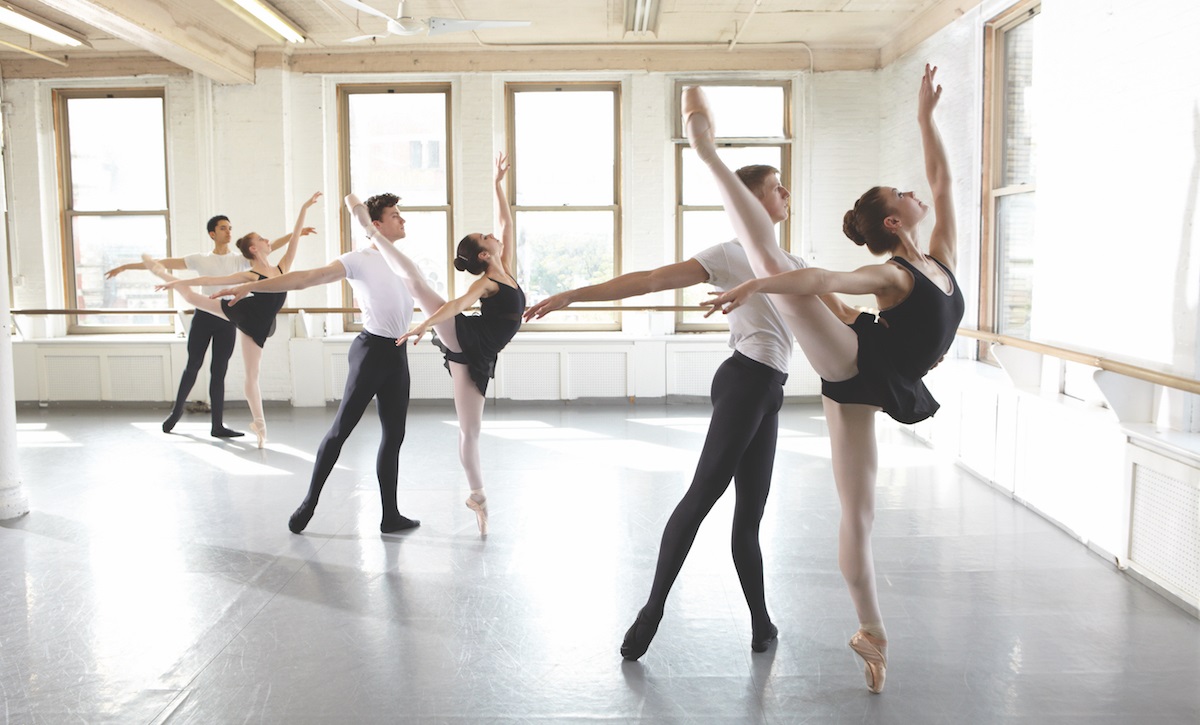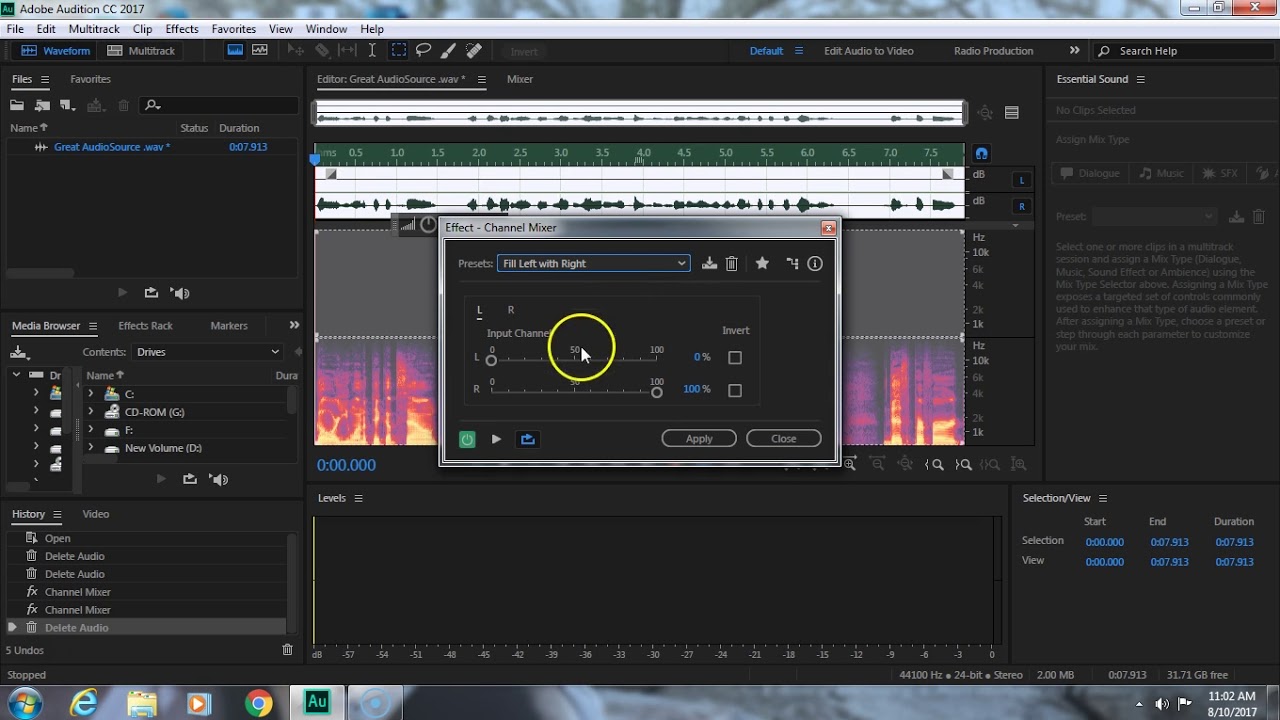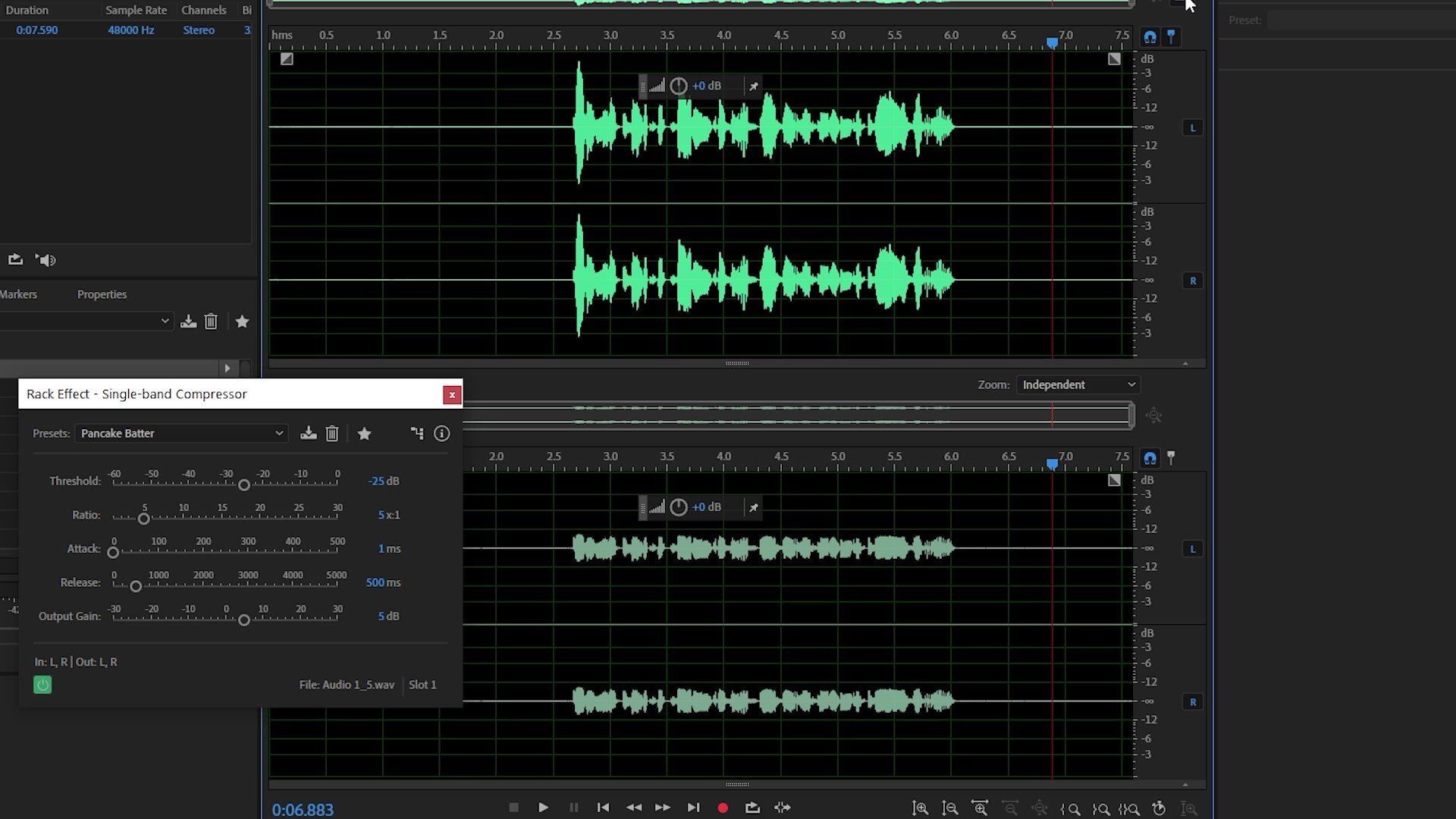Home>Production & Technology>Choir>How To Prepare For Choir Auditions


Choir
How To Prepare For Choir Auditions
Published: February 22, 2024
Get ready for choir auditions with our expert tips and advice. Learn how to prepare and ace your audition with confidence.
(Many of the links in this article redirect to a specific reviewed product. Your purchase of these products through affiliate links helps to generate commission for AudioLover.com, at no extra cost. Learn more)
Table of Contents
Choosing the right audition material
Selecting the ideal audition material is a pivotal step in preparing for a choir audition. It's essential to choose pieces that not only showcase your vocal range and abilities but also resonate with your personal style and strengths. Here's a comprehensive guide to help you navigate through this crucial aspect of audition preparation:
-
Know the Requirements: Familiarize yourself with the audition requirements provided by the choir. Some auditions may specify particular genres, styles, or languages, so it's crucial to adhere to these guidelines. Additionally, pay attention to any specific vocal ranges or technical skills that the choir is seeking.
-
Highlight Your Strengths: Choose songs that highlight your vocal strengths and abilities. If you excel in a particular genre or style, select a piece that allows you to shine in that area. Whether it's classical, jazz, pop, or gospel, showcasing your best attributes can leave a lasting impression on the audition panel.
-
Showcase Versatility: Opt for a diverse selection of pieces that demonstrate your versatility as a vocalist. Including contrasting pieces that showcase various vocal techniques, dynamics, and emotional range can exhibit your adaptability and musical prowess.
-
Connect Emotionally: Select songs that resonate with you on a personal level. Connecting with the emotional content of the music can significantly enhance your performance, allowing you to convey genuine emotion and captivate the audience and audition panel.
-
Consider Vocal Range: Choose pieces that align with your vocal range and comfort zone. It's important to select songs that allow you to effortlessly navigate through your vocal registers while maintaining control and clarity in your performance.
-
Seek Feedback: Before finalizing your audition material, seek feedback from a vocal coach, music teacher, or experienced musicians. Their insights can provide valuable guidance in selecting pieces that effectively showcase your vocal abilities and artistry.
By meticulously selecting audition material that aligns with your strengths, versatility, emotional connection, and vocal range, you can present a compelling and authentic performance that resonates with the audition panel. This thoughtful approach to choosing the right audition material can significantly enhance your chances of making a lasting impression and securing a spot in the choir.
Vocal warm-up and practice techniques
Vocal warm-up and practice techniques are integral components of preparing for a choir audition. These exercises not only help in optimizing vocal performance but also contribute to overall vocal health and longevity. Here's a detailed exploration of effective warm-up and practice techniques to elevate your vocal abilities and enhance your audition preparation:
-
Breathing Exercises: Commence your vocal warm-up with focused breathing exercises. Deep diaphragmatic breathing techniques help in expanding lung capacity, promoting breath control, and ensuring a steady airflow essential for vocal resonance and support.
-
Vocalization and Articulation: Engage in vocalization exercises to limber up the vocal cords and improve articulation. This includes practicing scales, arpeggios, and vocal sirens to promote vocal flexibility, agility, and clarity of diction.
-
Resonance and Projection: Incorporate exercises that emphasize resonance and projection. Utilize humming, lip trills, and straw phonation techniques to optimize resonance, strengthen vocal projection, and alleviate vocal tension.
-
Range Expansion: Implement exercises aimed at expanding vocal range. Gradually ascend and descend through your vocal registers, focusing on seamless transitions between chest voice and head voice, thereby enhancing overall vocal range and control.
-
Tonal Quality Enhancement: Dedicate time to exercises that refine tonal quality and timbre. This includes vowel modification drills, vowel trills, and tonal matching exercises to cultivate a rich, resonant, and consistent vocal tone.
-
Pitch Accuracy and Intonation: Practice exercises that hone pitch accuracy and intonation. Utilize pitch-matching exercises, interval training, and ear training techniques to refine pitch precision and ensure harmonious intonation.
-
Musical Phrasing and Expression: Engage in exercises that emphasize musical phrasing and expression. Explore varied dynamics, musical interpretations, and emotional connectivity within the chosen audition pieces to convey compelling musical narratives.
-
Consistent Practice Regimen: Establish a consistent practice regimen to reinforce vocal techniques and ensure continual improvement. Regular practice nurtures muscle memory, vocal agility, and overall vocal proficiency, contributing to confident and polished audition performances.
By integrating these vocal warm-up and practice techniques into your audition preparation, you can cultivate vocal strength, agility, and artistry, ultimately empowering you to deliver a captivating and technically proficient audition performance. These exercises not only optimize vocal performance but also foster vocal resilience, ensuring sustained vocal health and longevity throughout your musical journey.
Mental and physical preparation
Mental and physical preparation are fundamental aspects of readying oneself for a choir audition. Beyond vocal prowess, the state of one's mind and body significantly influences the overall audition performance. Here's an in-depth exploration of the strategies and practices essential for optimal mental and physical preparation:
Mental Preparation
-
Mindfulness and Visualization: Embrace mindfulness techniques to cultivate a focused and present mindset. Engage in visualization exercises, envisioning a successful audition performance, and channeling confidence and poise. Visualizing the audition process can alleviate performance anxiety and instill a sense of preparedness.
-
Positive Affirmations: Embrace positive affirmations to bolster self-confidence and combat self-doubt. Affirming one's capabilities and readiness for the audition can instill a positive and resilient mindset, fostering a strong sense of self-belief.
-
Stress Management: Implement stress management techniques to mitigate pre-audition nerves. Whether through deep breathing, progressive muscle relaxation, or meditation, managing stress levels is crucial for maintaining composure and mental clarity during the audition.
-
Focused Practice Sessions: Cultivate focused and purposeful practice sessions. By setting specific goals, addressing challenging passages, and refining performance nuances, one can build a sense of preparedness and competence, enhancing mental fortitude.
Physical Preparation
-
Posture and Body Alignment: Prioritize optimal posture and body alignment to facilitate unrestricted vocal production. Maintaining a balanced and aligned posture supports efficient breathing and vocal resonance, contributing to a poised and commanding stage presence.
-
Physical Conditioning: Engage in physical conditioning exercises to enhance stamina and vocal endurance. Incorporating cardiovascular workouts, yoga, or other forms of exercise can bolster physical resilience, ensuring sustained vocal performance throughout the audition process.
-
Rest and Hydration: Prioritize adequate rest and hydration to optimize physical well-being. Sufficient sleep and hydration are vital for vocal health and overall vitality, ensuring that the body is primed for an impactful and sustained audition performance.
-
Rehearsal Environment Optimization: Create an optimal rehearsal environment conducive to mental and physical preparedness. Minimize distractions, establish a comfortable vocal space, and ensure adequate lighting and ventilation to promote focused and productive rehearsal sessions.
By prioritizing mental fortitude, physical well-being, and a conducive rehearsal environment, individuals can cultivate a holistic state of readiness for their choir audition. This comprehensive approach not only elevates the audition performance but also fosters a resilient and empowered mindset essential for navigating the audition process with confidence and poise.
Tips for a successful audition
Preparing for a choir audition involves more than just vocal prowess; it requires a holistic approach that encompasses mental readiness, physical well-being, and strategic preparation. Here are essential tips to enhance your audition experience and maximize your performance potential:
-
Confidence is Key: Approach the audition with confidence, knowing that you have diligently prepared and honed your skills. Confidence not only elevates your performance but also leaves a lasting impression on the audition panel.
-
Authentic Expression: Infuse authenticity into your performance by connecting emotionally with the music. Genuine expression resonates profoundly, captivating the audience and demonstrating your artistry.
-
Engage with the Audience: Establish a connection with the audition panel and audience through engaging eye contact and poised stage presence. Creating a sense of intimacy and rapport can elevate the impact of your performance.
-
Adaptability and Versatility: Demonstrate adaptability by being open to feedback and adjustments during the audition process. Showcase versatility in your performance, highlighting a diverse range of vocal skills and musical styles.
-
Professional Demeanor: Approach the audition with a professional mindset, exhibiting punctuality, preparedness, and respectful conduct. A professional demeanor reflects dedication and reliability.
-
Embrace Nervous Energy: Acknowledge and channel nervous energy into your performance. Transforming nerves into focused energy can enhance the passion and intensity of your singing, resulting in a compelling and memorable audition.
-
Articulate Musical Choices: Articulate your musical choices and interpretations with confidence. Communicate your understanding of the repertoire and your artistic decisions, showcasing a thoughtful and informed approach to your performance.
-
Graceful Recovery: Embrace resilience and grace in the face of unexpected challenges during the audition. A composed and adaptable response to unforeseen circumstances can underscore your professionalism and adaptability as a performer.
-
Reflect and Learn: Regardless of the audition outcome, take time to reflect on the experience and glean valuable insights. Every audition serves as an opportunity for growth and learning, contributing to your development as a musician.
By integrating these tips into your audition preparation and performance, you can navigate the audition process with poise, confidence, and artistry, ultimately maximizing your potential for a successful and impactful audition experience.











